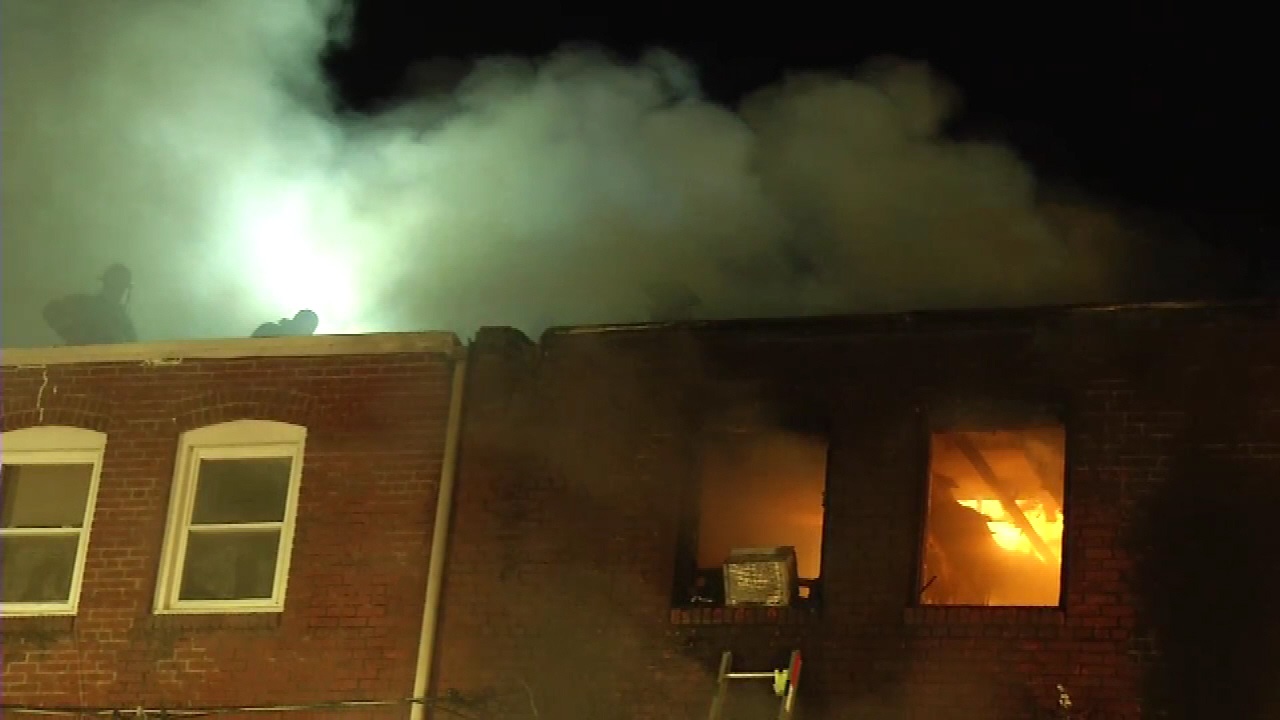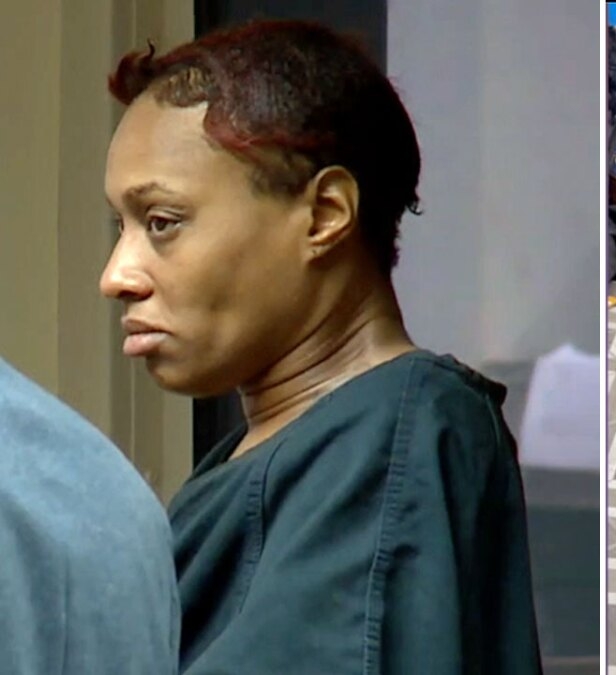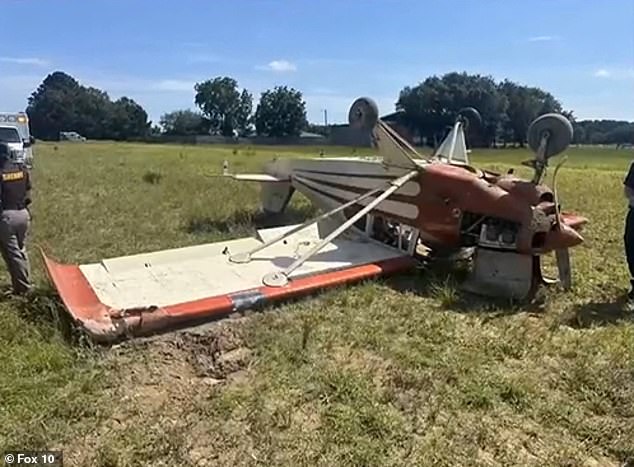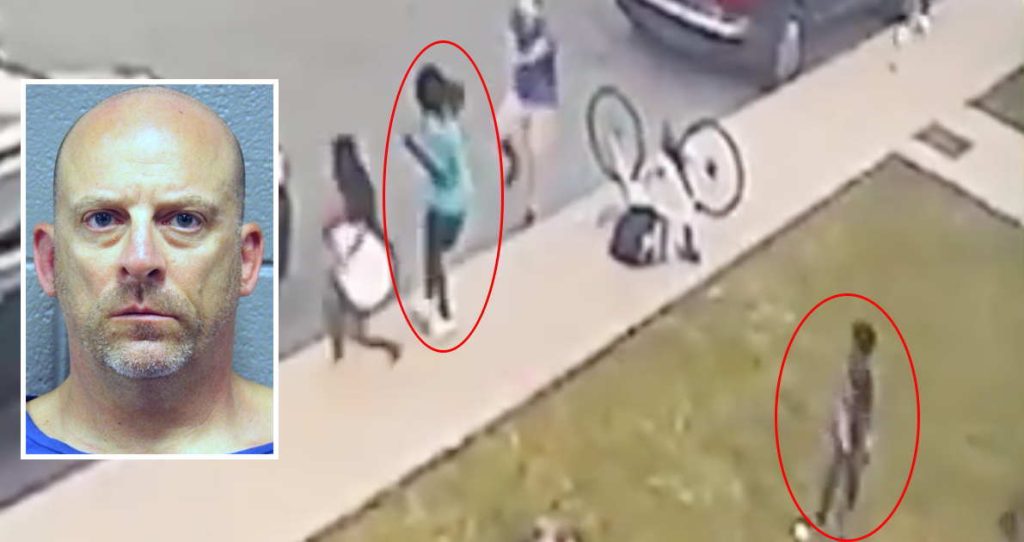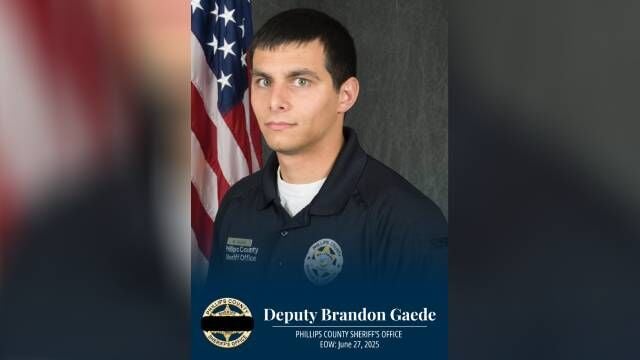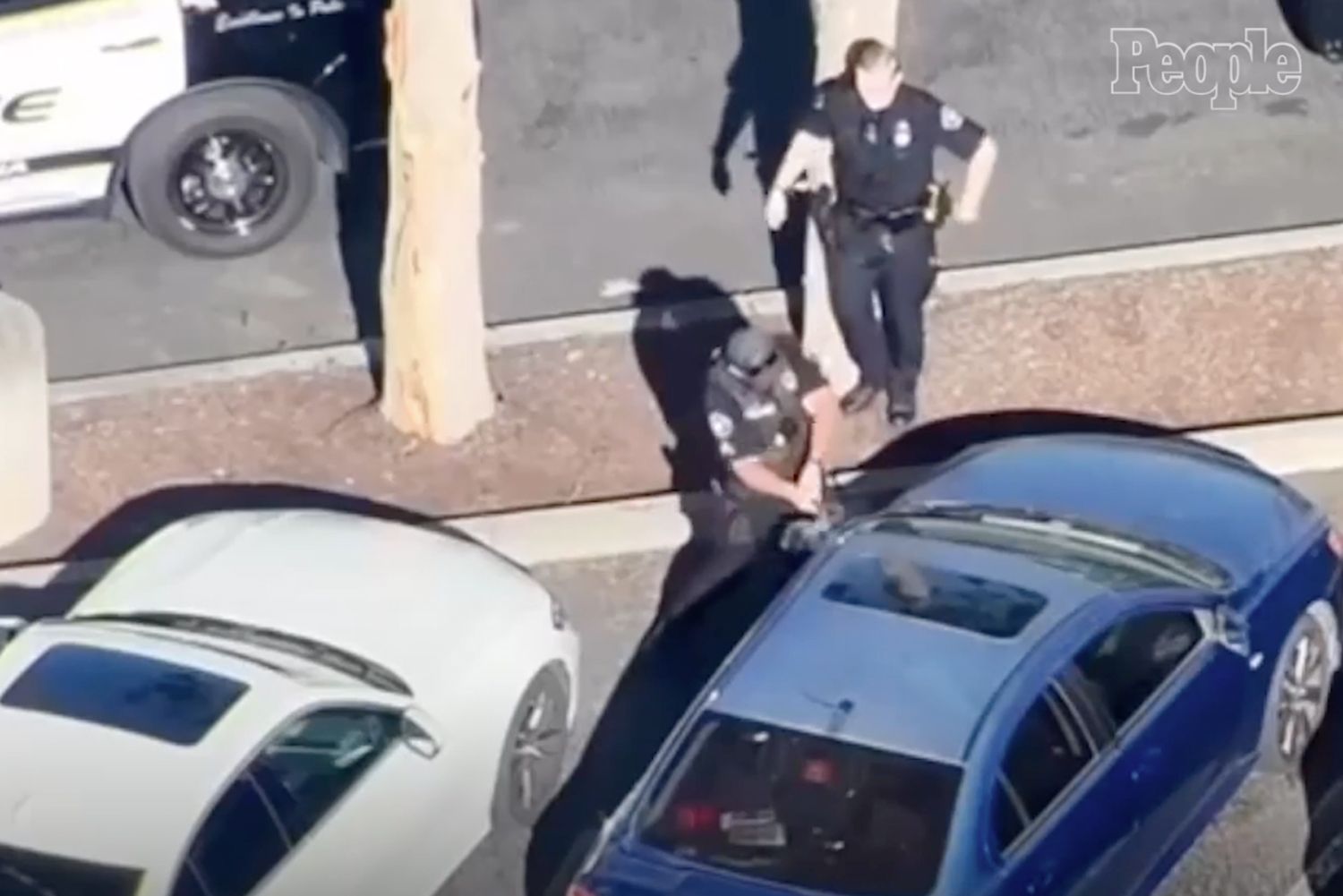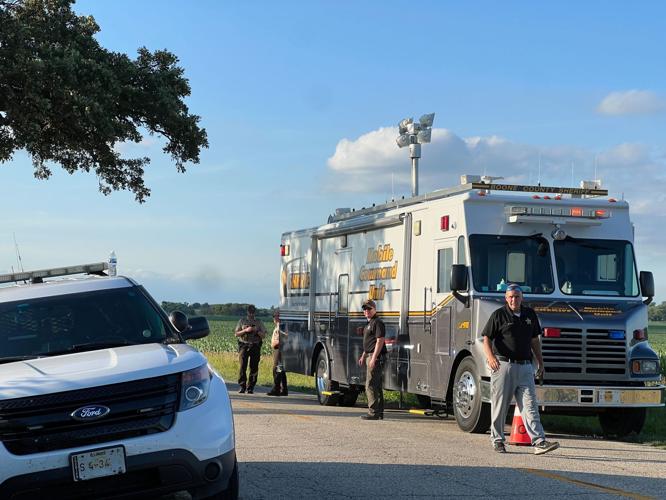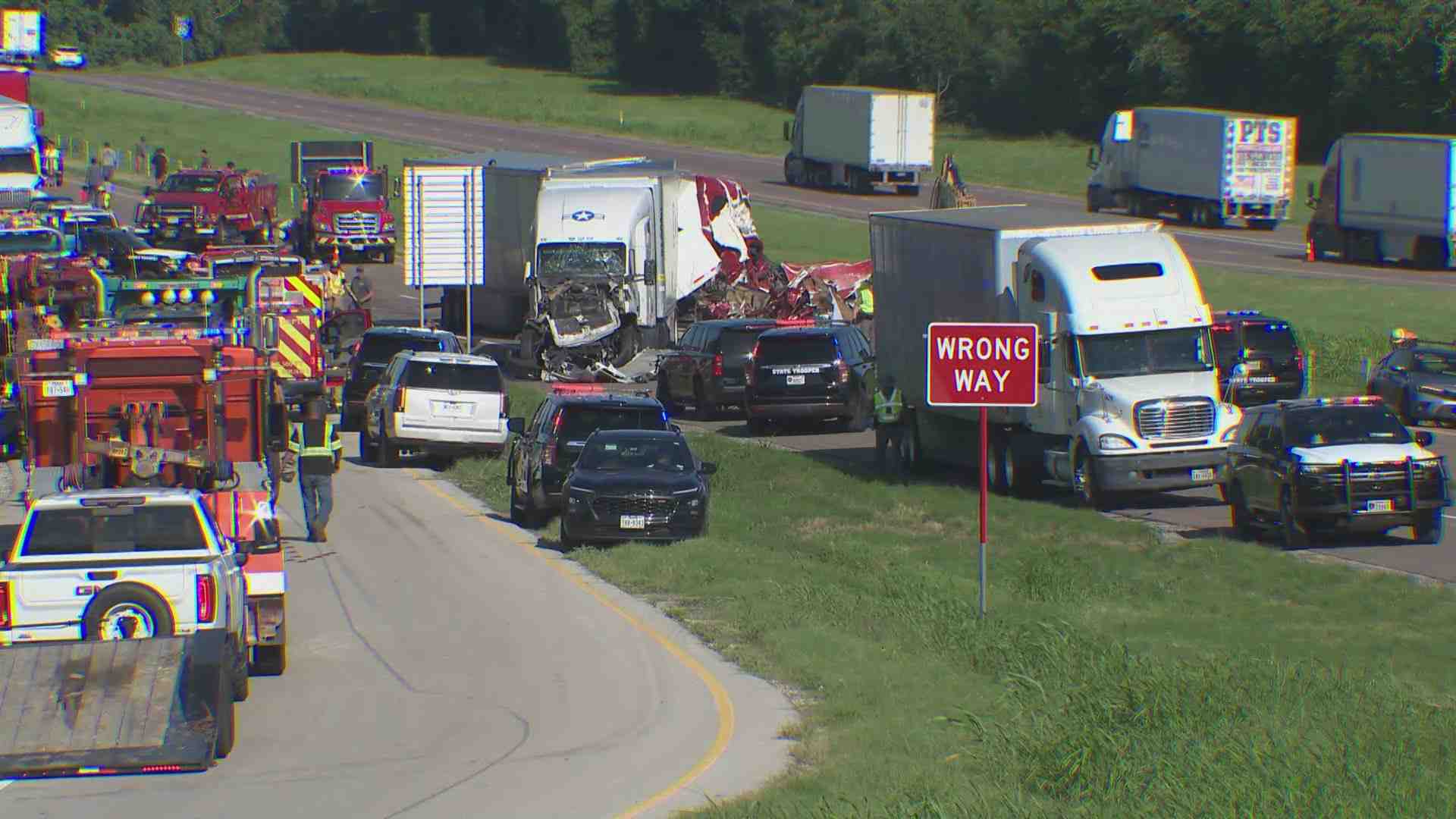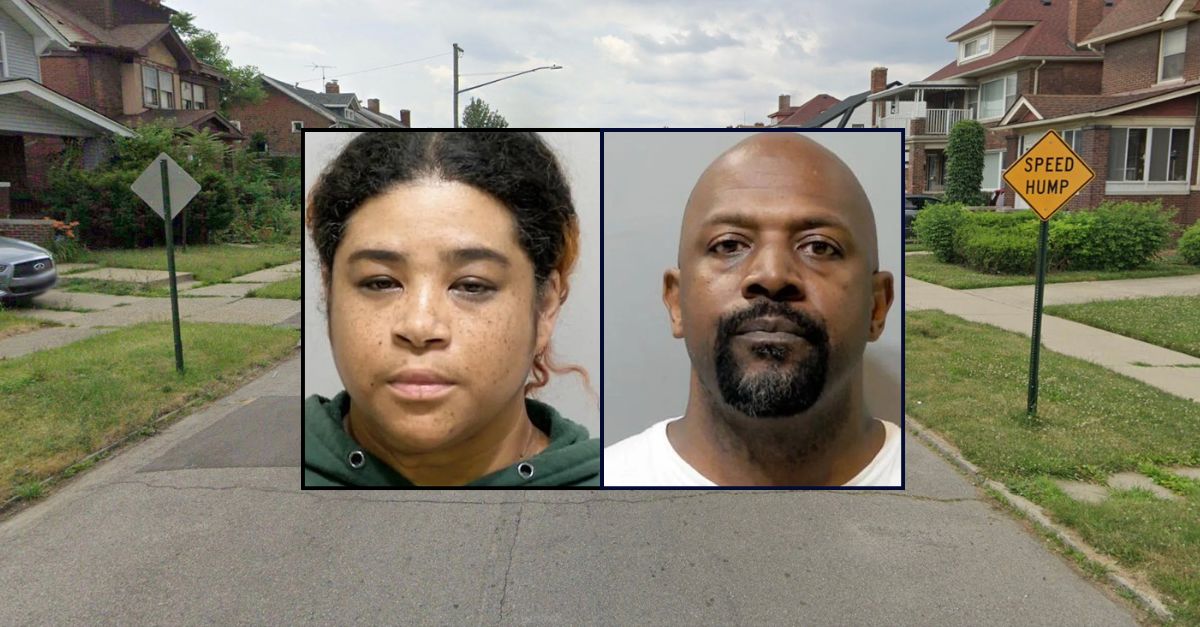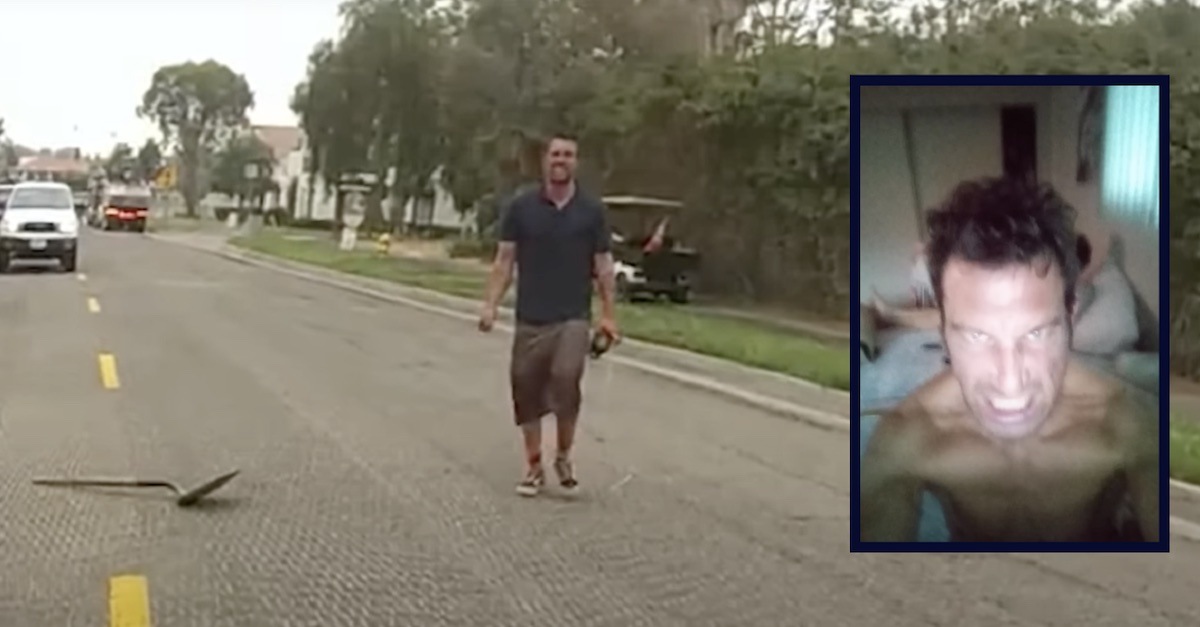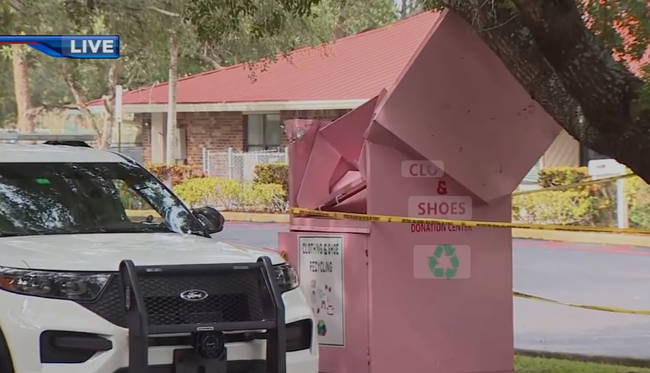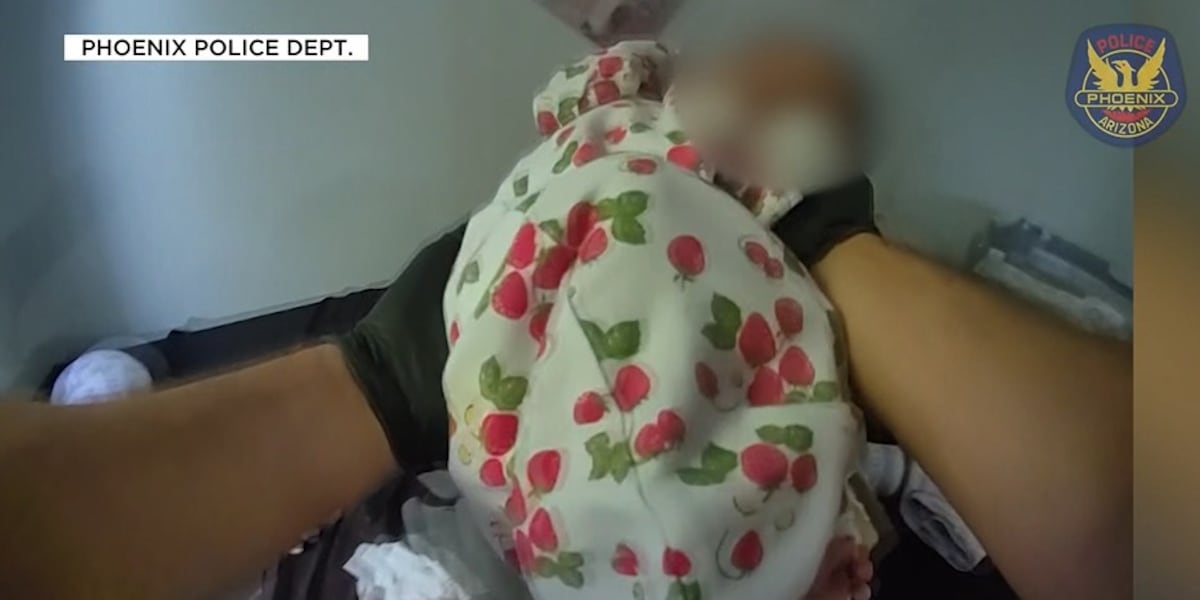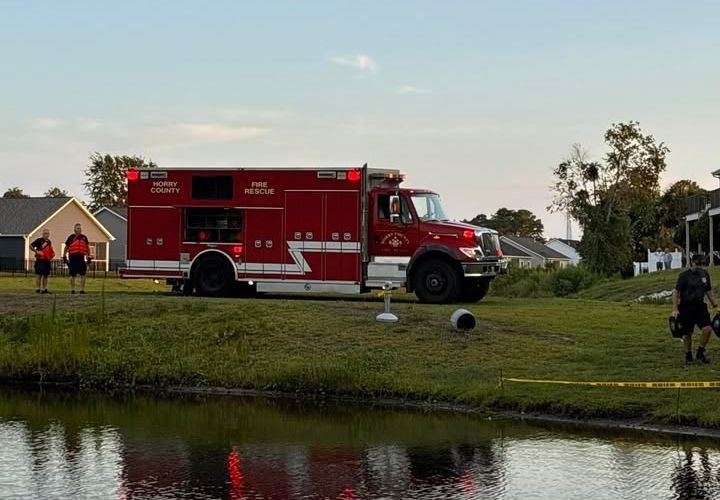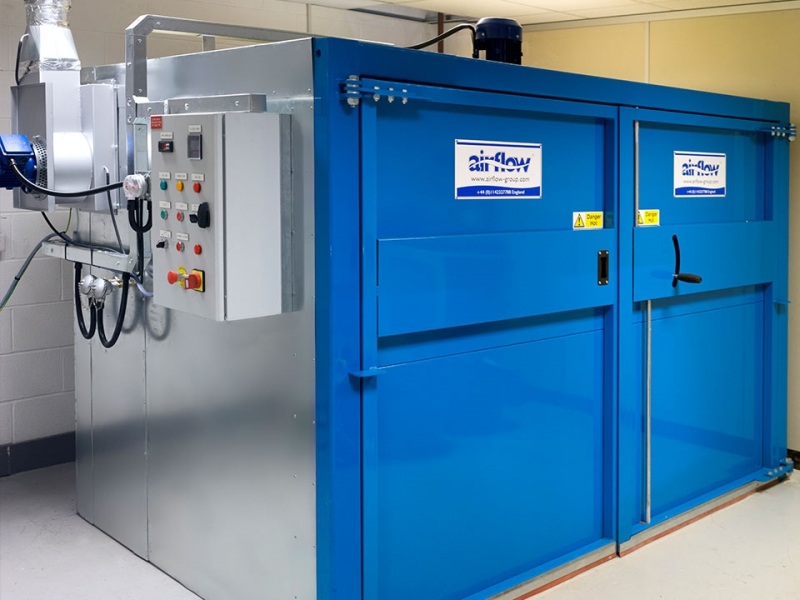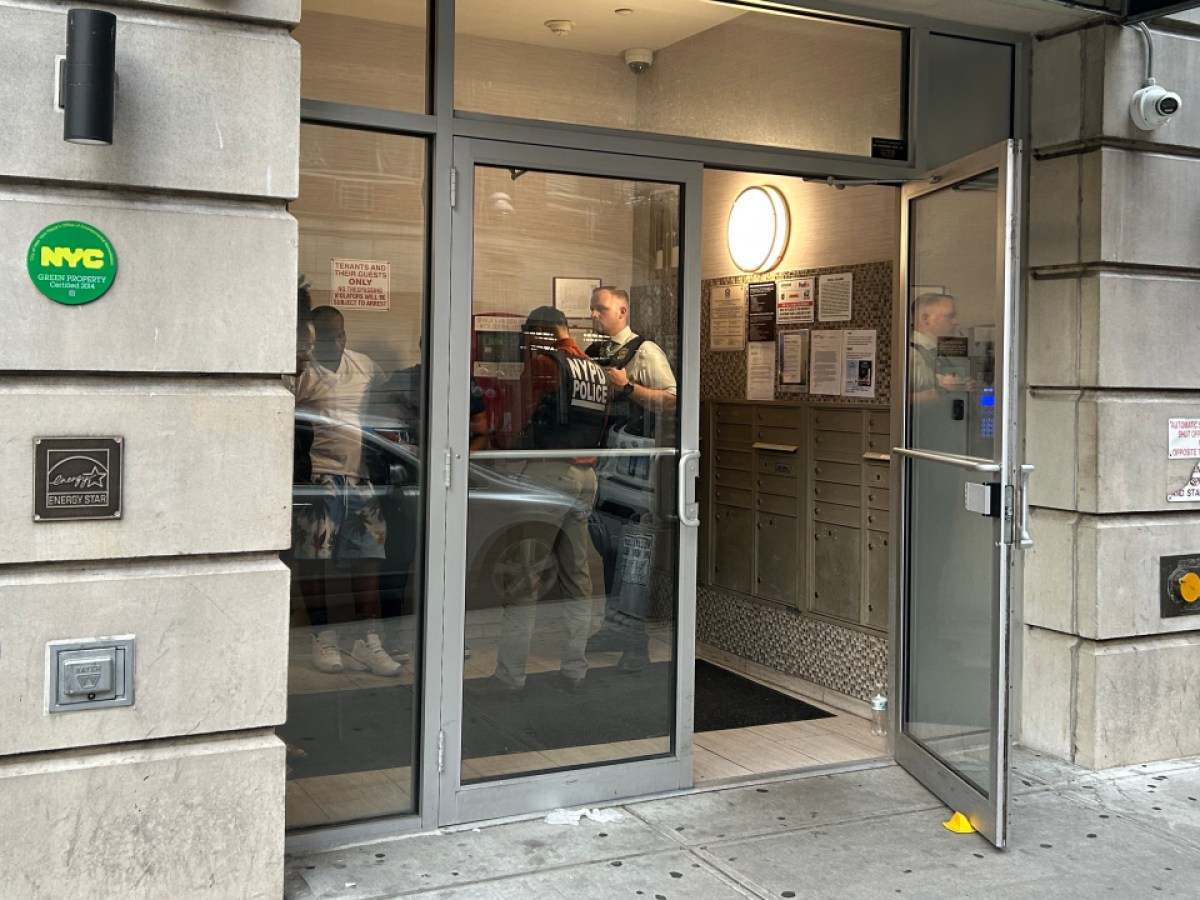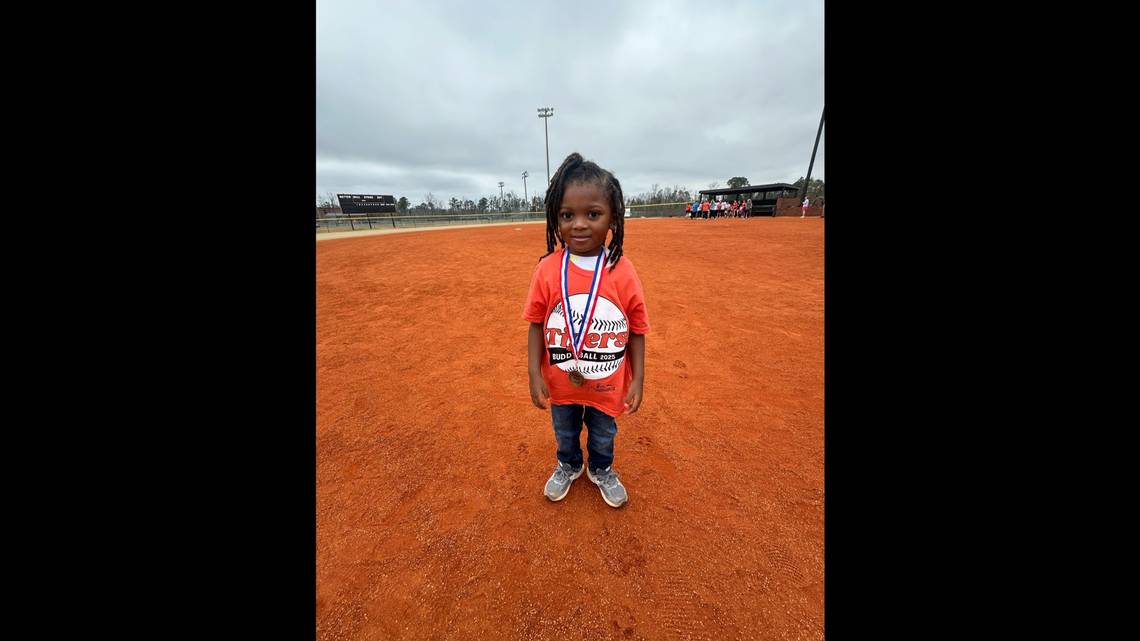Body-camera film from two Minneapolis cops associated with George Floyd's lethal arrest were made open Wednesday, archiving the crucial points in the time leading to his death as he begged officials to release him.
"I'm not a bad guy!" Floyd said as he struggled with officers in the presence of onlookers. One bystander tells Floyd, "You can't win."
"I don't want to win," Floyd replies.
The recordings were taken from the body cameras of previous officials Thomas Lane and J. Kueng, who was fired and accused, with two different officials, in Floyd's passing. Derek Chauvin, who nailed his knee to Floyd's neck for about nine minutes faces a second-degree murder accusation. Lane, Kueng, and Tou Thao are accused of supporting and abetting.
The recording was discharged Wednesday yet just accessible for review by arrangement. Judge Peter Cahill decay to permit distribution of the video, without clarification.
The recording shows the officials approaching Floyd outside a convenience store, where he was blamed for attempting to go off a fake $20 note. At the point when he didn't show his hands, Lane pulls his weapon, causing Floyd to state he had been shot previously.
Floyd is handcuffed, however, begs the officials not to place him in a crew vehicle as a result of his claustrophobia. He ends up on the ground during a battle while the officials attempt to hold him down.
Chauvin and Kueng each grip one of Floyd's bound hands to hold them in position behind his back, with Kueng's knee seeming to push on Floyd's bottom or just beneath. Lane is at Floyd's feet.
Floyd expressed "I can't breath" in excess of multiple times during the May 25 capture as Chauvin squeezed his knee into his neck.
“Then stop talking, stop yelling, it takes a heck of a lot of oxygen to talk,” Chauvin responded, according to transcripts of the incident released last week.
At one point, Floyd called for his mother and children, saying, “Tell my kids I love them. … I’m dead."
Bystanders can be heard communicating worry for his condition. Kueng checks for Floyd's heartbeat, however, doesn't discover one.
Floyd's death started across the nation challenges police severity and racial injustice that has released retribution over police strategies and the fitting utilization of power. Accordingly, various neighborhood governments, including Minneapolis, have started endeavors to change their law implementation organizations through spending cuts and expelling officials from state-funded schools.

